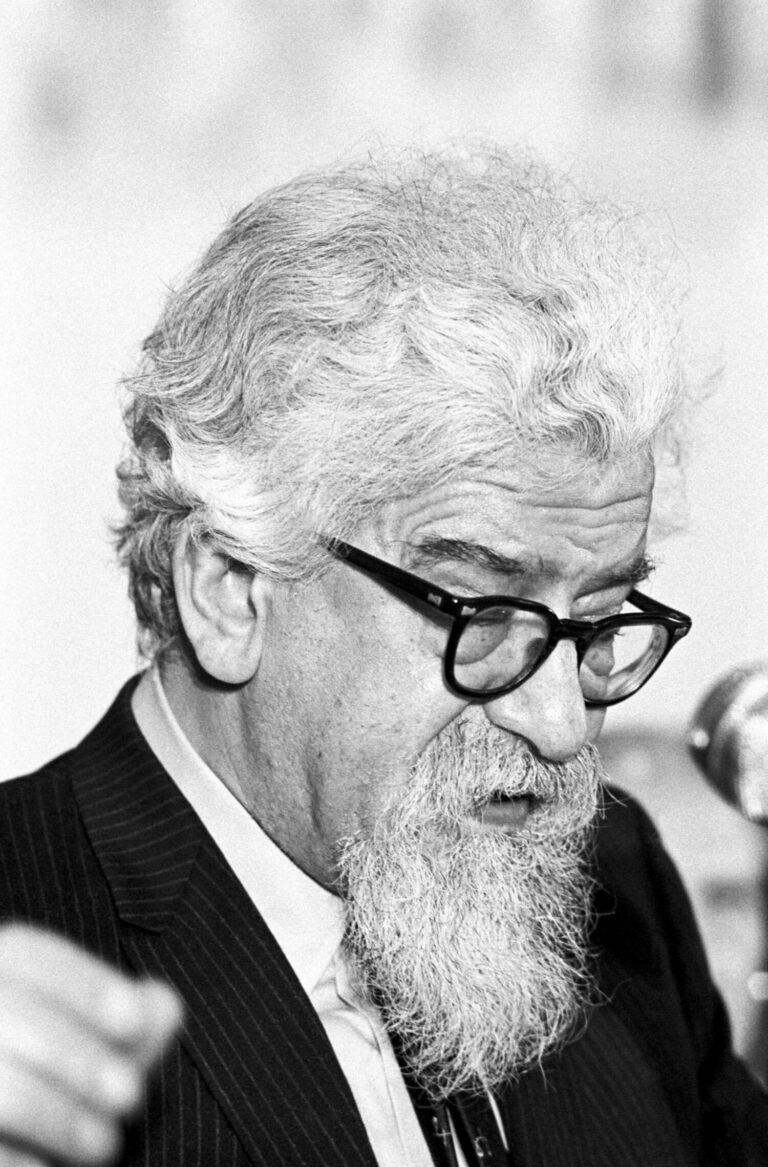As a young man, Heschel received thorough religious training in Poland and was ordained as a rabbi. He then moved to Germany, where he studied and earned his doctorate at the University of Berlin. Concurrently, he enrolled at the Higher Institute for Jewish Studies and eventually taught there.
However, everything changed when the Nazis came to power. In 1938, he was deported to Poland and had to flee from there to escape Nazi persecution. He eventually found refuge, first in England and then in the United States.
In the US, Heschel found a new home at Hebrew Union College and later at the Jewish Theological Seminary of America, where he taught Jewish ethics and mysticism and wrote influential works about Judaism. His books, such as Man Is Not Alone and God in Search of Man, remain influential to this day. They demonstrate that for Heschel, religion was more than tradition: it was a living relationship between God and humanity.
Faith in action
Heschel saw his faith as a mandate for action, which was evident in his political engagement. His faith led him to the forefront of the Civil Rights Movement in the United States. Alongside Martin Luther King, Jr., with whom he shared a deep spiritual and political bond, Heschel marched in Selma, Alabama in 1965 to protest the systematic oppression and discrimination of African Americans. He described this experience as praying with his feet. For Heschel, justice and freedom were not just central Jewish values but universal principles, for which he vigorously advocated in public.
His love of peace and his pursuit of justice also led him to adopt a stance critical of the Vietnam War. Heschel viewed this conflict as the United States’ moral failure, a war that culminated in the destruction of lives and the abuse of freedom and ethics. Not only did he actively oppose the war, he also aimed, through his words and actions, to encourage a shift in American attitudes, driven by the desire to counteract alienation from the divine values of love and compassion.
Heschel’s legacy is a testament that faith can go hand in hand with courageous action. He taught us that no person is an island and that our religious convictions connect us as people, calling us to fight for a more just world.
“Remember, there is a meaning beyond absurdity. Let [us] be sure that every little deed counts, that every word has power, that [everyone] can do our share to redeem the world.”
